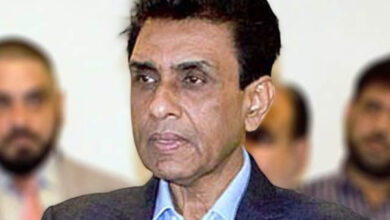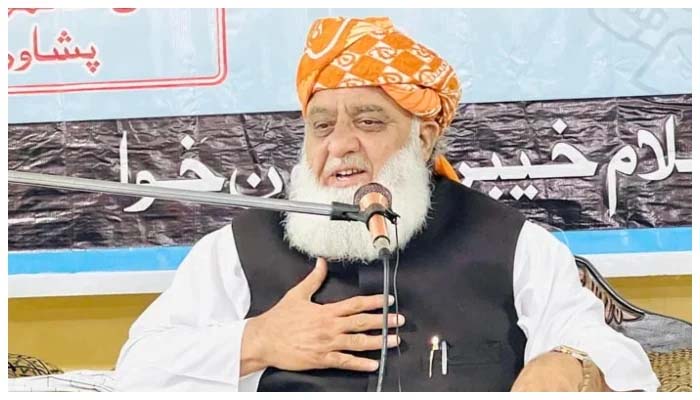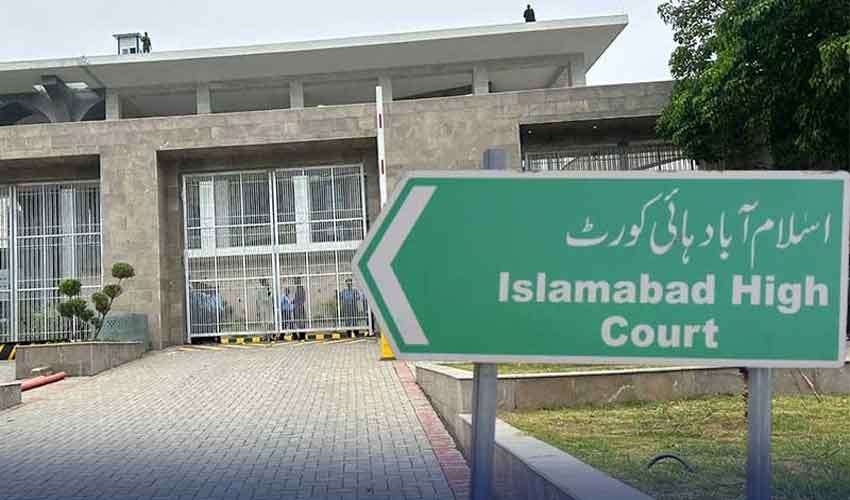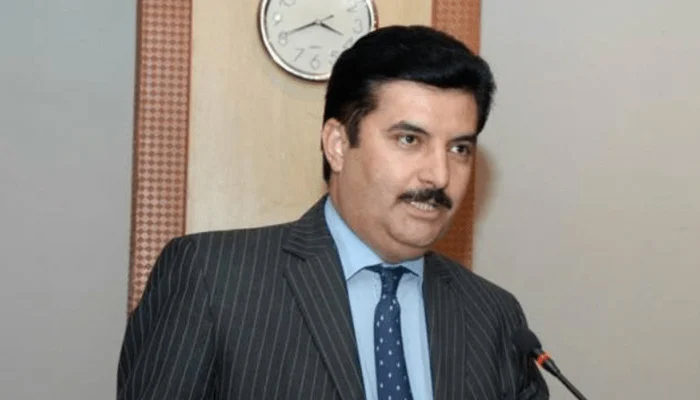UNHCR Estimates 300,000 Registered Afghan Refugees in Balochistan Amid Crackdown
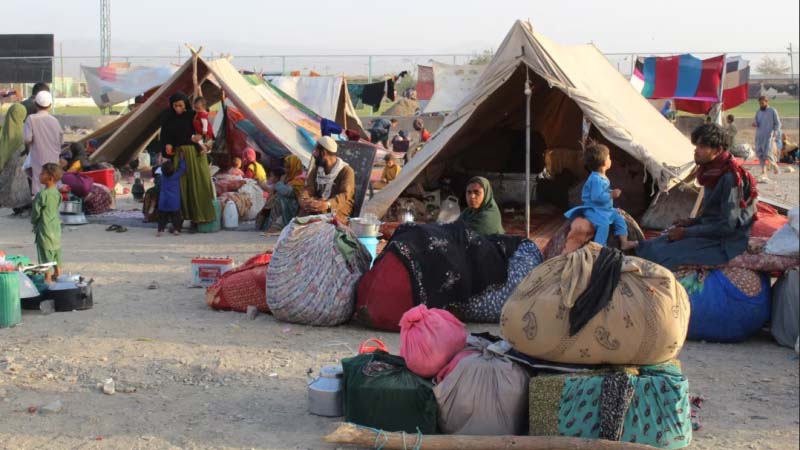
Quetta:According to the 2023 report by the Human Rights Commission of Pakistan, the United Nations High Commissioner for Refugees (UNHCR) estimates that there are approximately 300,000 registered Afghan refugees in Balochistan. Many of these refugees reside outside of camps, in residential areas, and some have even acquired Pakistani identity cards to conduct businesses.
In October, the interim government announced that all illegal migrants would be expelled from the country, prompting the provincial government to initiate a crackdown on refugees in the province. The majority of those affected were Afghan refugees. In response, five registration centers were established across Balochistan, including in Quetta, to manage the refugee population.
By November, the interim Minister for Information claimed that six hundred thousand illegal immigrants had been returned to Afghanistan via the Chaman border. He also stated that among those who returned, 26,000 were illegal immigrants who had traveled from Sindh to Chaman.
However, several Afghan refugees have complained about harassment by Pakistani authorities. They allege that police and other officials have been pressuring them to leave Pakistan despite having legal documents to remain in the country. Reports from the field indicate that those being deported to Afghanistan were placed in camps in Chaman with severely inadequate conditions.
The situation highlights ongoing challenges in managing refugee populations and raises concerns about the treatment and conditions faced by deported individuals.



